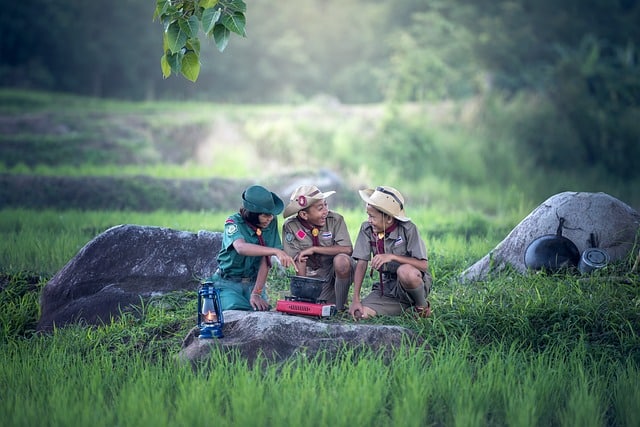Why is the Choice of Backpacking Food Important?
The prospect of backpacking brings with it not only a zest for adventure but also the need for strategic planning, especially when it comes to food. The food you pack plays a crucial role in fueling your body during the challenging and physically demanding journey. A bad food choice can diminish your energy and hydration levels, impairing your performance and overall backpacking experience.
What Kind of Food Should You Pack?
Focus on Nutrient-Dense Foods
Your backpacking food needs to be energy-dense to continually fuel your body during your journey. High protein food such as trail mix, beef jerky, protein bars, nut butters, and nuts are excellent choices that will provide sustained energy. Moreover, these foods are light and easy to pack.
Opt for Non-Perishable Items
Since refrigeration is not an option, it’s important to pack food that can withstand the adventure. Shelf-stable food such as canned tuna, chicken, or salmon, as well as dehydrated meals, can provide essential proteins without demanding refrigeration. Additionally, dried fruits, crackers, or rice cakes can serve as great snack options.
Don’t Forget to Pack Some Comfort Foods
Backpacking can be strenuous, and a little comfort food can go a long way in lifting your spirits when the going gets tough. Pack small amounts of your favorite treats like chocolate, cookies, or even instant coffee or tea packets.
How to Plan Your Backpacking Food Supply?
Consider the Length and Intensity of Your Trip
The longer your trip, the more food you’ll need. Similarly, if your trail is particularly strenuous, you’ll require more calories to maintain your energy levels. A good rule of thumb for calorie intake is 2,500-4,500 calories per day for backpacking.
Take into Account Your Own Dietary Needs
Do you have special dietary restrictions or preferences? Be sure to plan your backpacking food accordingly. There are many options available for those with dietary needs, including gluten-free, vegan, and high-protein selections.
Water: The Essential Aspect of Backpacking Food
While food is important, don’t forget about your water needs. Staying hydrated is equally, if not more, necessary when backpacking. Always carry a water filter or purification tablets and remember to refill at every reliable water source.
Backpacking Food: Creativity Unleashed
Try DIY Dehydrated Meals
Dehydrated meals are lightweight and easy to cook, but store-bought ones can be expensive. Why not try making your own? All you need is a dehydrator and your favorite ingredients. You can make anything from beef stew to pasta, giving you delicious and nutritious meals to look forward to on the trail.
Experiment with Different Food Combinations
Backpacking food doesn’t have to be limited to the basics. You can experiment by combining different foods to create satisfying meals. Try nut butter on your dried fruit, or add cheese to your crackers and summer sausage for a makeshift charcuterie board.
In conclusion, proper backpacking food planning can enhance your performance, boost your morale, and transform your overall backpacking adventure into an unforgettable experience. Make sure to pack a wide variety of nutrient-dense, non-perishable foods to provide the energy you need for your journey. Don’t forget to include your favorite treats and remember, hydration is key!




